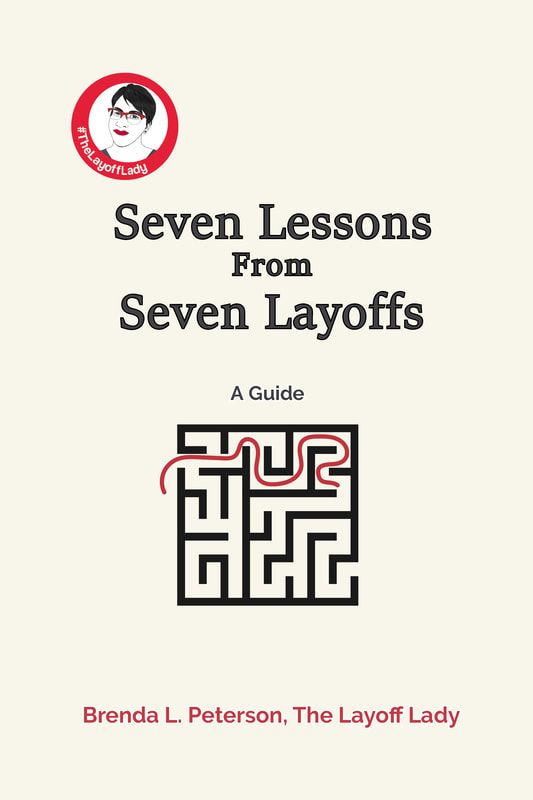|
By Brenda L. Peterson, The Layoff Lady Resume ObservationsRecently, I have talked with many colleagues who are proactively updating their resumes. After we talk a little about what type of a position interests them, I usually give them additional feedback about preparing a resume to apply for a specific job. As a many-time hiring manager, I have seen lots of bad and lots of sort-of-okay, and just a few resumes that were really, really good. For me, a resume needs to answer three fundamental questions. Having a resume that addresses each of these will helpg you get you out of the no pile and into the “I am excited to talk with them” pile. Question 1: Does This Person Want This Job?In a previous job, I was working on filling an instructional designer position on my team at a software company. I received one resume where the person’s career objective stated that they wanted to be a curator at a museum. The good news: this person knew what they wanted and made it clear in their resume. The bad news: they didn’t want the job I had available. Most (like maybe a good half) of resumes that end up in the “no” pile are so nondescript that they could be applying for any number of office positions. Once, when I was hiring for a technical trainer position, I received a resume for someone with a lot of experience working as a corrections officer. The good news: this person had many potentially transferable skills. The bad news: I didn’t know if this person was interested in this particular role or was mass applying for anything that wasn’t their current job. Overall, do just enough tailoring on your resume, so the hiring manager knows you are interested in the available job and applied for it on purpose. Given how costly a bad hire can be, help the hiring manager know that you want to do the job in question. Question 2: Can This Person Do The Job?Once I know a given candidate wants the job, I look for some indication that the person has the skills to do the job. Some candidates’ work experience is neat and tidy and points logically toward the open role. For example, they were a call center representative, then a senior call center representative, then a call center supervisor, then a call center manager. If they were applying for a call center manager position, from their job titles alone, I could be reasonably sure they could do the job. With that, adding in keywords from the job description and adding details about their previous education and work responsibilities as they relate to this specific position, it’s not a stretch to think they are qualified. If the candidate didn’t have much experience in a similar role, I’d expect them to describe what they did in previous positions and show how their work experience prepared them for this role. For example, if I’m hiring for an instructional designer position, the job description might include “collaborate with subject matter experts to create learning materials for client-facing courses.” If someone with a background as an elementary school teacher applies, they should show how their previous work experience relates to the available position. For example, they might include “collaborated with subject matter experts in the media center to create learning materials for a course for parents on encouraging their children to read more.” Without emphasizing those transferable skills, I might not be convinced they could perform the required tasks. Overall, be sure to make it apparent that you can do the core tasks that the job requires. Question 3: If I Hire Them, Will They Stick Around?Filling an open position takes a long time and is a huge gamble. The goal is to find someone who wants the job, can do it, and will want to be in that position (or a part of your organization) for a good long time. This part of resume assessment is teeing up the phone screen and helping me determine the questions I need to ask. For example, will this salary be in line with their desired salary range? Will they be happy working from the office or working from home for the amount required? Will they work well with this organization's structure and formality level? Will they want to travel as much (or as little) as is needed with this job? Are they going to be happy managing or not managing people? As a hiring manager, details in the resume are helpful as a starting point for those questions. Sharing information on what you want in a role, and drawing comparisons between the role you're applying for and your preferences, wil help make this more clear. Learn More
0 Comments
Your comment will be posted after it is approved.
Leave a Reply. |

Just get laid off?
Click here for info on what to do first. Author7-time layoff survivor Brenda L. Peterson, The Layoff Lady, waxes poetic on layoffs, job transitions, & career resilience. Buy The Book!Were you recently laid off from your job and need a roadmap for what's next? Pick up a copy of my book, Seven Lessons From Seven Layoffs: A Guide!
Categories
All
Archives
July 2024
|




